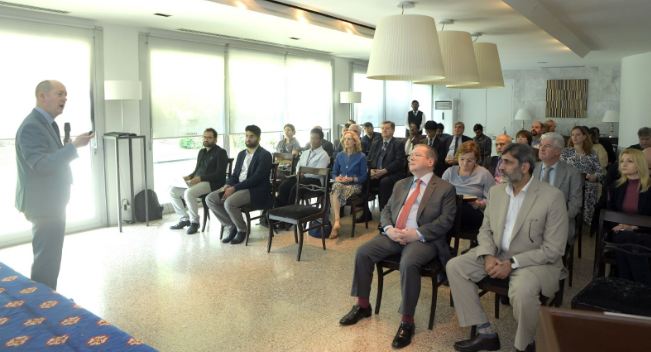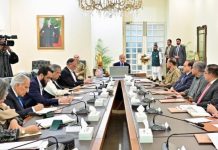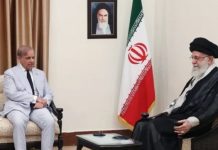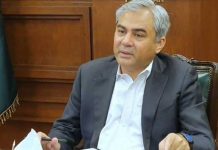ISLAMABAD, NOV 5 /DNA/ – Despite encountering multiple economic and social challenges, depression and disillusions, the Pakistanis are generally an optimistic nation and exhibit a unique blend of traditionalism (emphasis on family, religion), nostalgia (longing for the past), and status-consciousness (valuing material goods, global brands, career success).
These are some of the main highlights of the social trends prevailing in Pakistan, according to a thinktank ‘Ipsos’ that has recently conducted an international survey ‘Ipsos Global Trends’ in 50 countries including Pakistan and India.
Managing Director (MD) of Ipsos, Abdulsattar Babar and Chief Knowledge Officer Simon Atkinson shared the Pakistan-related highlights of the survey with a select gathering of diplomats, media persons, civil society representatives and academia at the Residence of the French Ambassador Mr Nicolas Galey here on Tuesday.
The session featured key values and beliefs of Pakistanis, comparing them to global trends and suggesting a roadmap for the future-based on 50,000 interviews across 50 countries representing 90pc of global GDP and 75pc of the global population.
Ambassadors of Germany, Italy, Portugal, Bulgaria, the Netherlands, diplomats from the US, UK high commission and many others attended the ceremony and asked interesting and soul-searching questions such as evolution of relations among people, nations and how they are motivated by their obsessions and passions.
However, the focus of the media persons’ questions was Pakistan and its people’s reactions to the questionnaire Ipsos’ experts had designed. It may be mentioned that in all the 50 countries the same questionnaire was distributed and in Pakistan around 1,000 people hailing from diverse backgrounds and regions were asked those questions.
However, the findings of the study didn’t entirely give a rosy picture of Pakistani society, as they (the people of Pakistan) are conservative about the role of women in society and restrict them to that of a wife or mother’s role.
Interestingly, a similar reaction was given by the people in India, said Mr Atkinson when they were asked how they looked at it. While in some Muslim countries’ women are not considered like that, they are more liberal, proactive and perform their duties with much confidence. This shows it is more or less not related to religion but culture, he said.
A plus point that the study highlighted was Pakistanis’ readiness for technology adoption, he said. Besides they also anticipate long life spans and prioritize physical to mental health.
While concerned about discrimination, they are generally more optimistic and happier than the global average. Despite these distinct traits, they share global concerns about wealth inequality, appreciate quality customer experiences, value individual autonomy, and embrace a present-focused mindset due to an uncertain future, the study revealed.
A key takeaway is the need to leverage technology, social media, youth, and women, build brand trust, and capitalize on the nation’s optimism to address societal divisions, economic disparities, and climate change.

















